Each comment, information or image shared on social networks can be harmless; but if there is a lack of alertness and responsibility, the consequences can be unpredictable.
1. Two music reality TV shows, Anh trai say hi and Anh trai vu ngan cong gai, are attracting the attention of a large audience. Gathering famous male contestants, each episode has sparked heated debates on social networks with many conflicting opinions.
In particular, the fact that the two programs are broadcast at the same time on two different channels makes the competition even more intense. Fans of each contestant and program have their own reasons to defend their “idols”. However, worryingly, in some cases, this enthusiasm leads to negative behaviors such as badmouthing, putting down, exposing, and boycotting opponents on many social networking forums.
Each program has its own strengths, reflected in the number of viewers on the platforms, the number of interactions and lively discussions of the audience. However, the evaluation of which program is better or more popular depends entirely on the aesthetic taste and enjoyment of each person. In fact, there are many cases where fans support their idols blindly, regardless of reason.
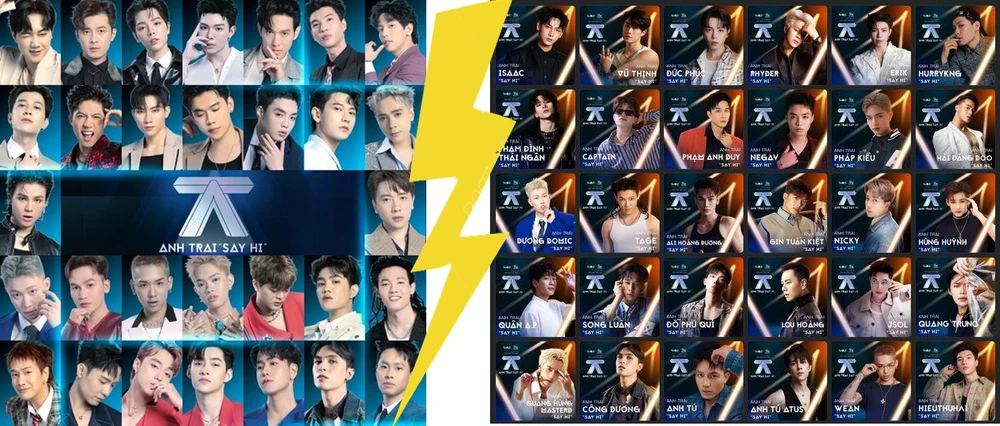
Instead of spending time criticizing contestants and rival programs, let’s appreciate the positive values each program brings. Because in the end, the audience is the one who benefits the most when quality programs are broadcast. This is an opportunity to entertain and relax instead of creating endless arguments. The artists themselves always want fans to behave civilly and respect everyone in all situations.
2. However, in reality, when participating in social networks, not everyone is sober and steadfast enough to stay out of "anti" trends or has enough time to consider carefully before commenting or sharing any information. In many cases, because of the rush, verifying correct or incorrect information is overlooked due to the "fear of missing out" (FOMO) mentality - a common obsession on social networks today.
Therefore, they are willing to join any discussion, regardless of whether they are really interested or not, just to avoid being considered an outsider. This leads to many people sharing and commenting thoughtlessly and irresponsibly, without even knowing that they are aiding in the violation. These behaviors not only hurt others but also affect the social network environment, turning it into a place to spread negativity.
What is more worrying is that fanpages and groups, despite having seemingly civilized rules, have become “flea markets” with a “toxic” atmosphere. For example, a typical group specializing in discussing beauty queens has hundreds of thousands of members. Here, factionalism is evident. If idols are popular, they will receive enthusiastic support, even flattery through flowery posts.
On the contrary, for those who are not on the same “side”, any image, action or statement can be ridiculed and attacked. The field of sports is no exception. The debate about who is the “GOAT” (Greatest Of All Time) between Lionel Messi and Cristiano Ronaldo (football), Djokovic and Nadal or Federer (tennis) is always heated and has no end. In many cases, because of too much idolization, all other values are erased, only their idol is considered “one, unique, and number one”.
3. Are toxic or copycat comments on social media simply harmless actions with no consequences?
It can be considered normal for fans to show their protection for their idols. However, the line between normal and abnormal is very fragile in many cases. Unverified comments, especially related to sensitive issues, can lead to serious consequences. With the rapid spread of social networks, false information is easily disseminated, causing public confusion.
Vietnam is among the countries with the highest internet growth rate and number of users in the world . However, civilized behavior on social networks still has many limitations. Although the legal system has specific, detailed regulations and is regularly updated, raising awareness and responsibility of social network users is still a priority.
We never know when we might become victims. Therefore, being civilized in this case is also about putting yourself in the other person’s shoes before making any comments or sharing. Judging is always easy, but understanding, admitting mistakes and correcting mistakes is much more difficult.
HAI DUY
Source: https://www.sggp.org.vn/ung-xu-van-minh-tren-mang-xa-hoi-post750402.html












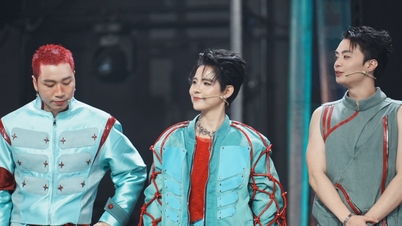






















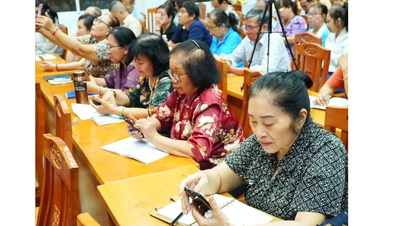

![[Photo] President Luong Cuong receives President of the Cuban National Assembly Esteban Lazo Hernandez](https://vphoto.vietnam.vn/thumb/1200x675/vietnam/resource/IMAGE/2025/9/30/4d38932911c24f6ea1936252bd5427fa)
![[Photo] Solemn opening of the 12th Military Party Congress for the 2025-2030 term](https://vphoto.vietnam.vn/thumb/1200x675/vietnam/resource/IMAGE/2025/9/30/2cd383b3130d41a1a4b5ace0d5eb989d)
![[Photo] Panorama of the cable-stayed bridge, the final bottleneck of the Ben Luc-Long Thanh expressway](https://vphoto.vietnam.vn/thumb/1200x675/vietnam/resource/IMAGE/2025/9/30/391fdf21025541d6b2f092e49a17243f)
![[Photo] The 1st Congress of Phu Tho Provincial Party Committee, term 2025-2030](https://vphoto.vietnam.vn/thumb/1200x675/vietnam/resource/IMAGE/2025/9/30/1507da06216649bba8a1ce6251816820)



















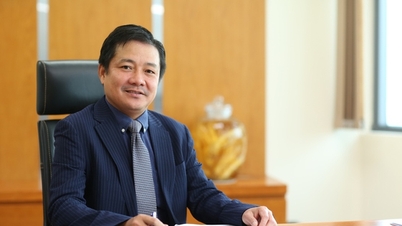





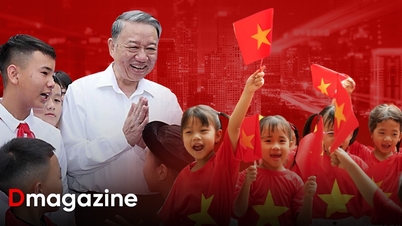
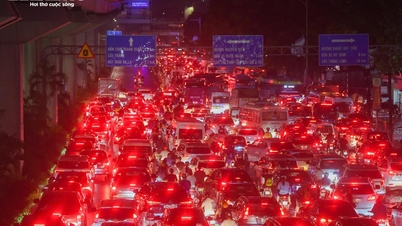


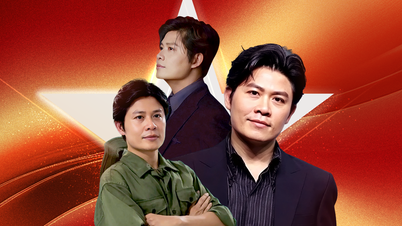

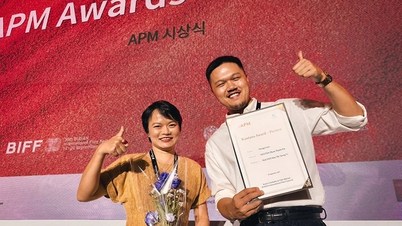


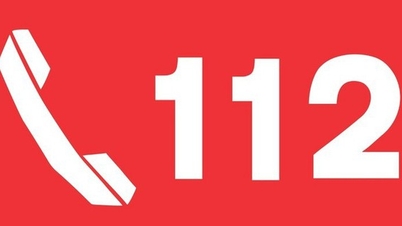







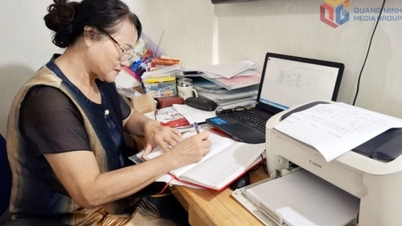



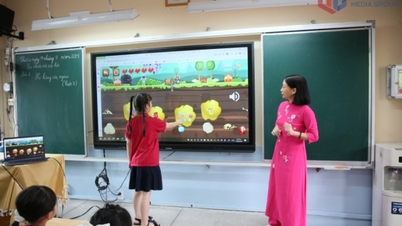
















Comment (0)